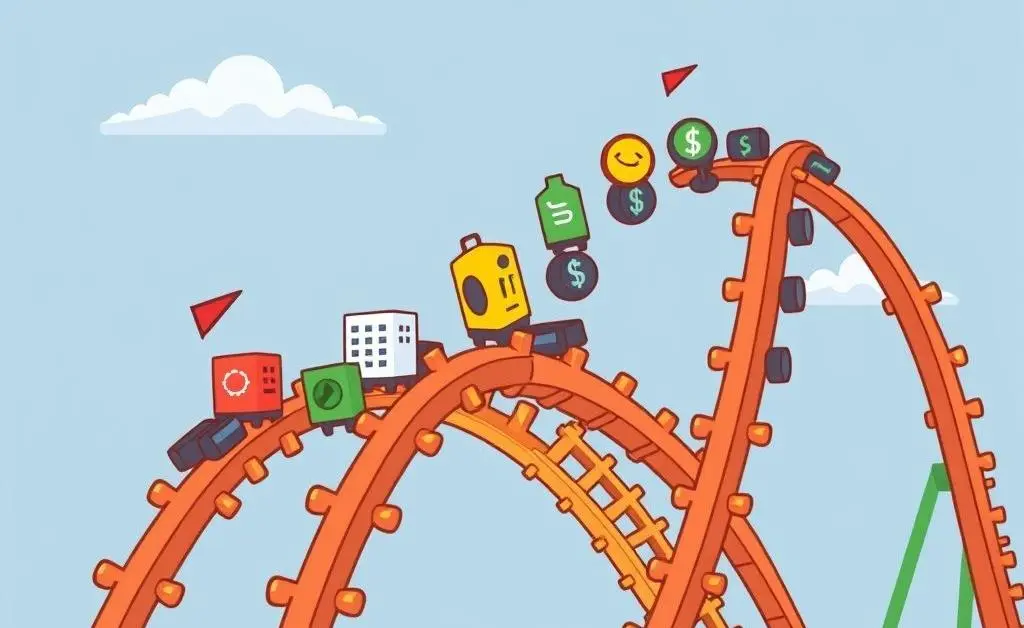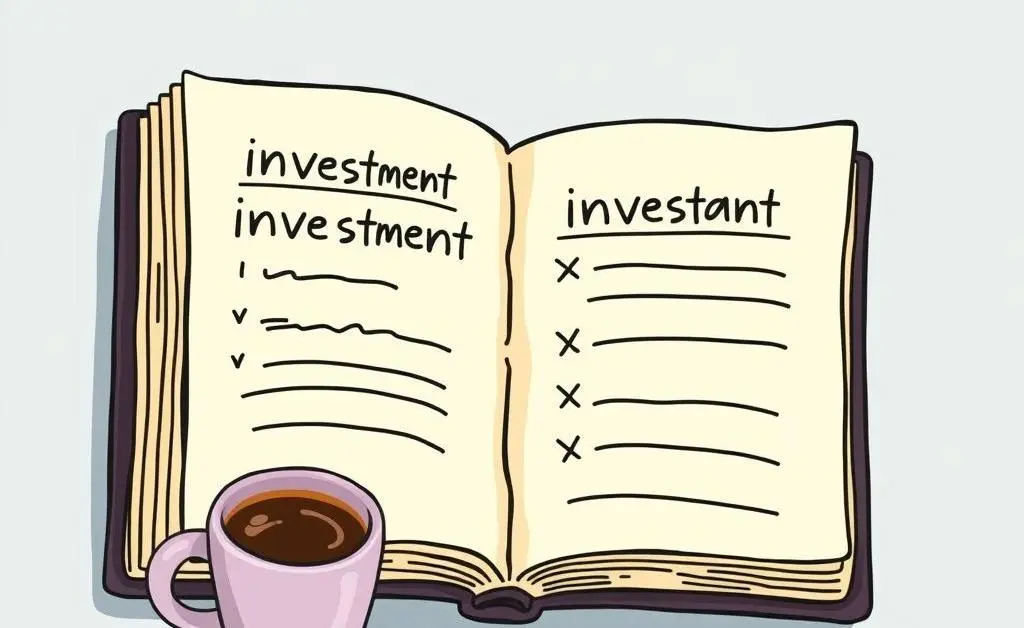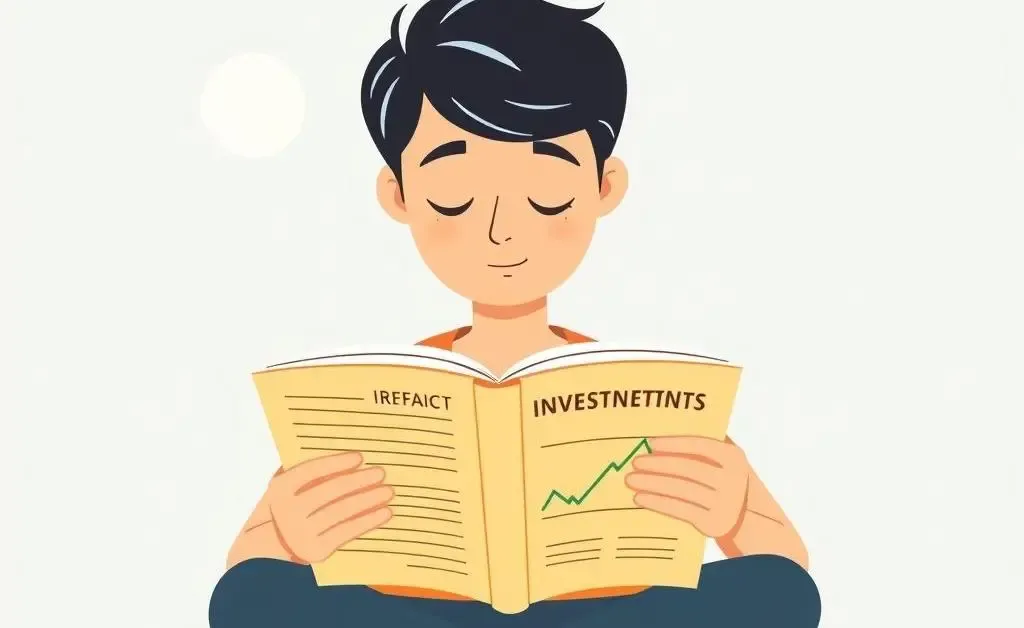Understanding Market Reactions: When the CPI Hits the Target
Explore why markets react unexpectedly even when the CPI meets expectations.

Have you ever wondered why the stock market tends to have a bit of a mood swing every time there's news about the Consumer Price Index (CPI)? Even when the CPI hits the target, markets don't always follow the expected path. Let's dive into why that happens and how you can stay calm amidst the market’s ups and downs.
Why Markets React to CPI Data
The Consumer Price Index is an essential economic indicator. It measures the average change over time in the prices paid by urban consumers for a market basket of consumer goods and services. Investors closely monitor CPI data as it’s a primary gauge of inflation.

When the CPI comes in line with expectations, it suggests that inflation is stable, signaling a healthy economy. However, market reactions can still be unpredictable.
The Unexpected Market Moves
Even if the CPI hits the target, several factors can lead to unexpected market responses:
- Overall Economic Sentiment: Broader economic news or geopolitical events might influence investor sentiment independently of the CPI data.
- Market Expectations: Often, markets have nuanced expectations that go beyond basic data releases. Traders might have anticipated a different rate of change, causing fluctuations even when the data meets the predicted values.
- Investor Psychology: Sometimes, it comes down to the market's mood. If investors are feeling wary, they might react unexpectedly to seemingly 'good' news.
Staying Ahead in the Game
For personal investors like you and me, it's essential not to get caught up in the short-term noise. Here’s how you can maintain your cool:
- Focus on Long-Term Goals: Align your investment strategy with your financial goals. Keeping a long-term perspective can help filter out interim volatility.
- Diversify Your Portfolio: A diversified portfolio can reduce risk. Explore different asset classes or sectors to balance out any shocks.
- Stay Informed but Not Overwhelmed: Stay updated on economic indicators but avoid obsessing over every piece of news. It’s like reading the headlines without reading every article.

The Takeaway
Understanding the dynamics behind market reactions to CPI data can be intricate, but it doesn't have to be daunting. By grounding your investment strategy in solid, long-term objectives, you can weather whatever temporary storms the market throws your way. How do you handle market unpredictability? Do you have any strategies you swear by for staying calm? I’d love to hear your insights!





